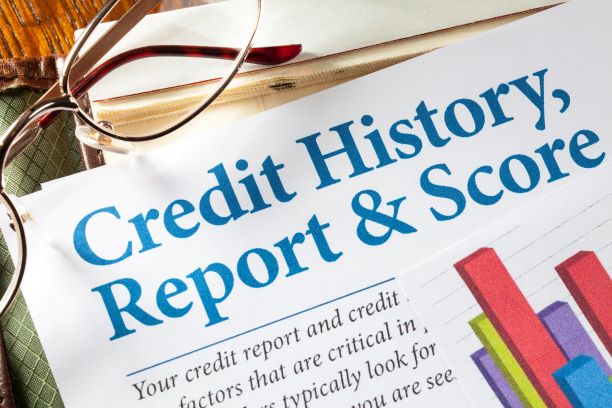
12 Aug How is Your Information Featured in Your Credit Report?
Everybody can request their credit report for free, but can everybody understand it? Your credit report contains a wealth of information about you and your finances. Altogether, it can be a lot to process. Fortunately, it doesn’t have to be.
Although credit reports can be a bit confusing, understanding what is in them can be helpful when projecting your future finances. This is particularly true if you plan on applying for loans NZ wide or opening other forms of credit. Knowing what’s in your credit report is also important if you hope to catch and correct mistakes and inaccuracies. This information can inhabit your credit report for up to five years. Continue reading to learn more.
1. Identifying information
1. Your name and any known variations – Your credit report will feature your legal name, as well as any potential nicknames, aliases, and even misspellings your financial information may have inadvertently been filed under.
2. Current and previous physical addresses – In addition to your current physical and mailing address, your credit report will include all known past addresses. This information does not affect your credit score, but you should verify these addresses when reviewing your credit report. Unfamiliar addresses may be a sign of identity theft.
3. Employer information – Your employer information also won’t affect your credit score, but if you’ve ever provided this information on a credit or loan application, it may be included for verification purposes, making future applications quicker and more efficient.
2. Tradelines (credit accounts)
1. Revolving accounts – Revolving accounts are lines of credit that can be repeatedly borrowed from. The most obvious example of revolving credit is a credit card. Your credit report will feature both open and closed revolving accounts if they’ve been open any time in the past five years. Your report will include the date the account was opened and the borrowing limit.
2. Loans – Everything from mortgages to car finance to unsecured personal loans will be included in your credit report. These loans might be listed as “instalment loans”, classified by the way they are paid.
3. Hire purchases – Occasionally called lease-to-buy purchases, if you’ve paid for assets in instalments that accrued interest, those purchases will appear in your credit report.
3. Payment History
1. Bankruptcies, collections, & defaults – Bankruptcies, foreclosures, and repossessions are matters of public record and will appear on your credit report, along with outstanding payments that were referred to a collection agency. Any payment that is over 90 days overdue is considered a default and will also appear. This information will appear on your credit report for five years (bankruptcies for seven years from when they are loaded), beyond which it will be removed and no longer factor into your credit score.
2. Credit & loan applications – Your credit report does not just factor in your approved loans. It also takes into consideration the rest of your applications. Therefore, most pieces of financial advice recommend people not to apply for too many lines of credit at a time. Clusters of these applications can negatively impact your credit score, as lenders often view it as a sign of desperation or financial instability.
Give your credit score a boost
Your credit report plays a significant role in your financial future. If you discover your credit score is lower than you’d like it to be, your first move should be to check for possible mistakes. You can legally request corrections to your credit report at any time without charge. If your credit score is accurate, however, you may want to begin the process of recovery. Max Loans offers some of the leading bad credit loans NZ has to offer. Don’t let a bad credit score prevent you from acquiring the credit you need.
Contact Max Loans today to learn more!
Apply Now
Find this article helpful? Don’t forget to like it or share it on Facebook.


